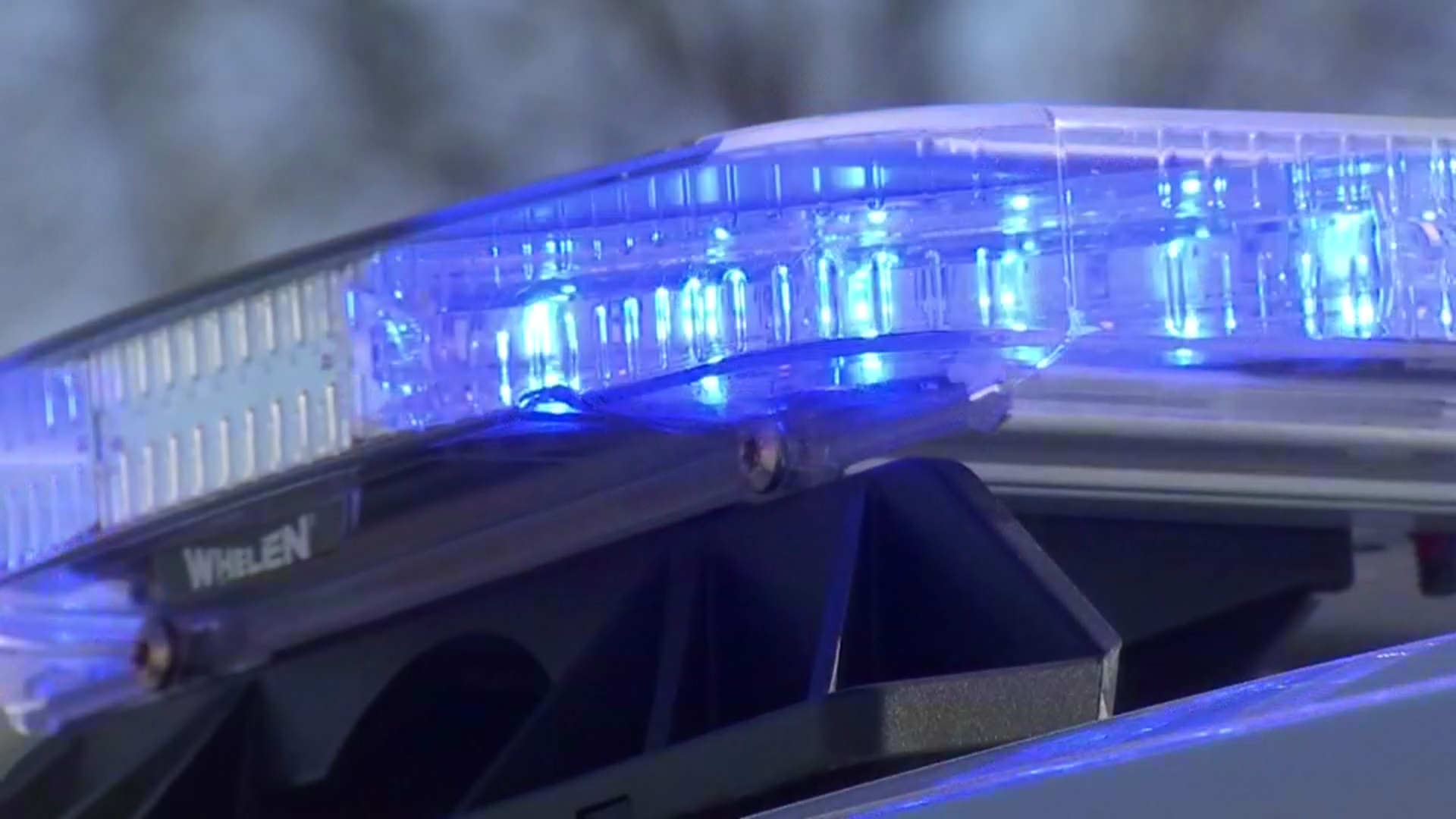Even though a record-setting number of Hispanics have been elected as lawmakers in Texas, a review has found that the racial breakdown of the Legislature does not accurately reflect the diversity of the state's general population.
An Austin American-Statesman analysis of the Legislature's demographics showed that in 1991, Latinos made up 14% of lawmakers and were slightly over a quarter of the state population.
By 2017, Latinos represented roughly a quarter of the Texas Legislature, but they were nearly 40% of the state's population, the newspaper reported.
The newest representative, Democrat Ray Lopez of San Antonio, won a special election last month and was sworn in as the 38th Hispanic lawmaker in the Texas House.
"What it means is that there are a lot of Hispanics that are interested in what's going on in Texas," Lopez said on learning that his election set a record in the Legislature.
Asian Americans are also underrepresented in the Legislature. Though more African American lawmakers are represented in the Texas House, their Senate numbers still fall behind the percentage of African Americans statewide.
Reasons for the inadequate representation of these groups include: gerrymandering, cynicism with the political process and that young voters -- who include a substantial number of Latinos -- are less likely to vote, according to experts.
Texas News
News from around the state of Texas.
In January, acting Texas Secretary of State David Whitley announced that about 95,000 potential noncitizens were registered to vote and asked county election officials to investigate. About 20,000 from the list quickly were found to be citizens.
Civil rights groups filed a lawsuit, comparing Whitley's decision to voter suppression and. A federal judge subsequently stopped the investigation.
Latino and black activists said the Legislature has disregarded the interests of their community for years.
In 2011, the Texas Legislature approved one of the most restrictive voter ID laws in the U.S. Before casting a vote, the law required registered voters to show one of seven forms of government-issued photo ID, such as a driver's license or a permit to carry a handgun.
Civil rights groups, Democratic politicians and minority voters sued in 2013. The lawsuit contended that the Republican-sponsored statute infringed on the U.S. Voting Rights Act by targeting low-income, Latino and African American voters, who were not as likely to possess the accepted forms of ID.
In 2016, the 5th U.S. Circuit Court of Appeals agreed with the suit's complaint, ruling that the law discriminated against the voting rights of around 600,000 registered Texans who didn't have a government-issued photo ID.



